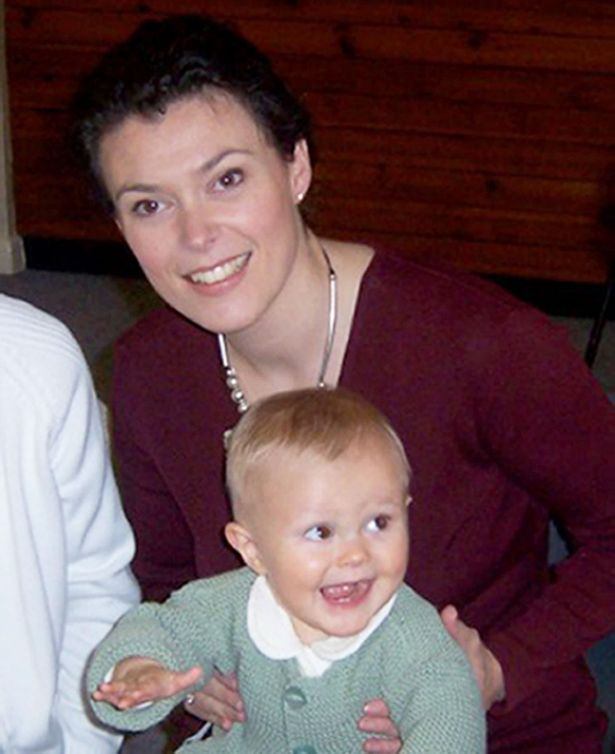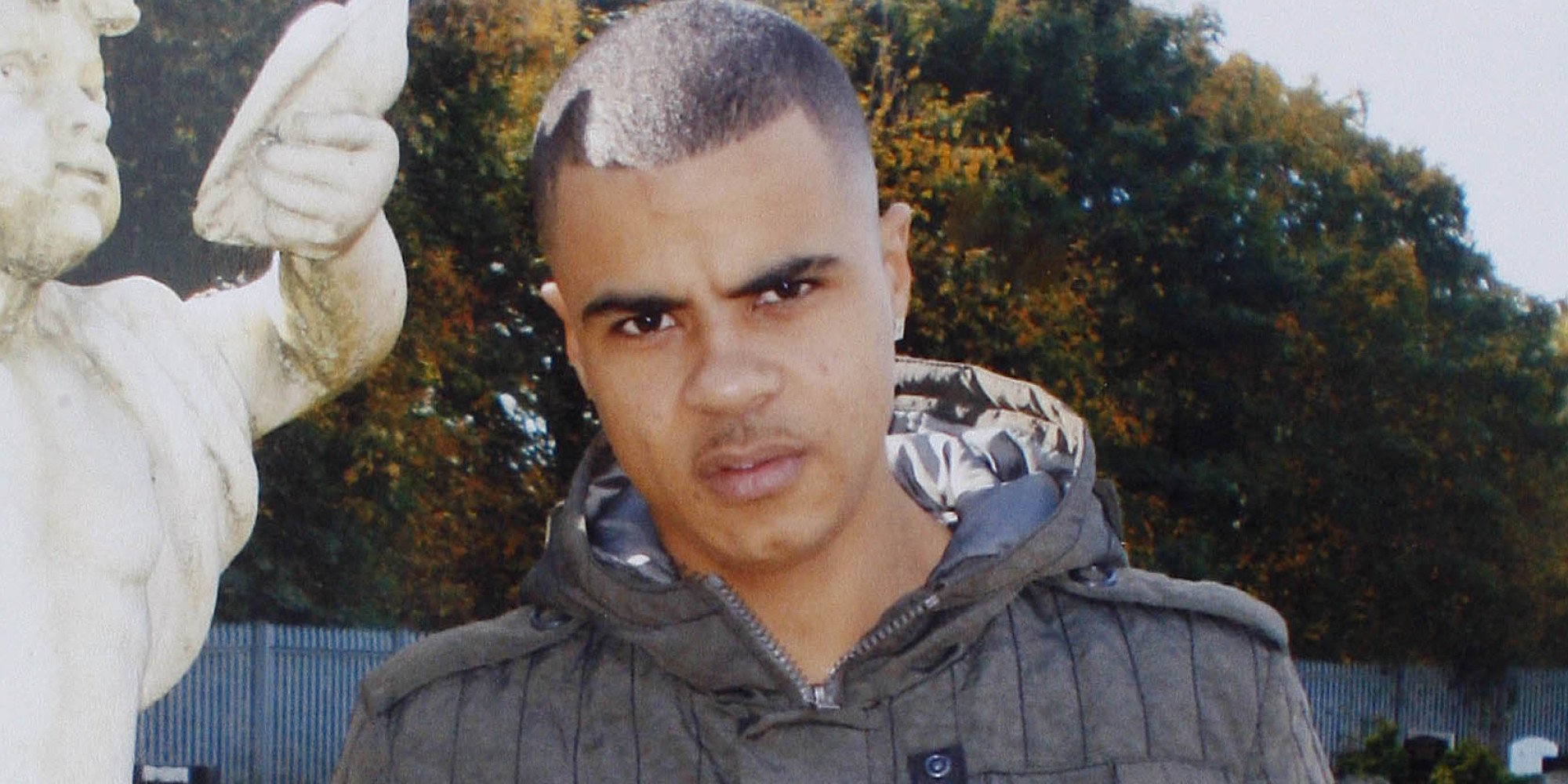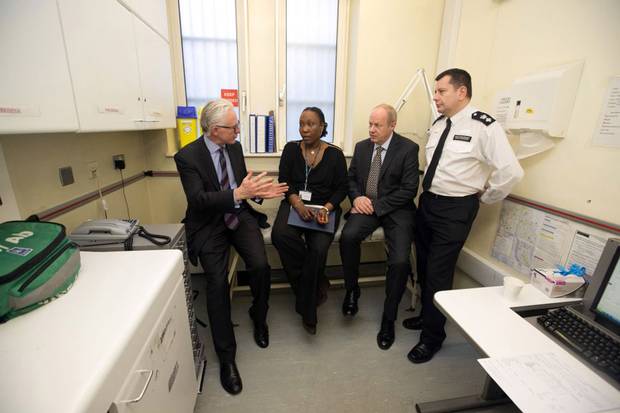The Rachael Slack murder ‘could not be predicted’
A serious case review has found that the murders of a mother and her young son could not have been “reasonably predicted”, even though she told police about threats to kill them days before they were stabbed to death.
Rachael Slack, 38, and her 23-month-old son Auden were found with 48 stab wounds at their home in the picturesque village of Holbrook, Derbyshire, on June 2, 2010.
They were killed by Ms Slack’s former partner and Auden’s father, 44-year-old Andrew Cairns, who had a history of mental illness, and was angry that she was in a new relationship, and pregnant.
He then took his own life.
Police deemed Ms Slack to be at “high risk” of being murdered – but did not tell her.
Ms Slack’s partner at the time said she was frightened – but was not convinced Cairns would hurt her.
“Both Rachael and I were very alert, very wary in the evening,” Robert Barlow said.
“We made sure everything was locked, we had plenty of communication in the day – texts, phone calls, but it still comes down to, if some professional body had told myself or Rachael that she was at high risk of homicide, we would definitely have done things differently.”
The report makes no mention of an inquest finding that officers failed Ms Slack and Auden.
Derbyshire Constabulary say they now deal with domestic abuse differently.
“What we’ve now done is to ensure that every victim assessed by us as high risk, we’re absolutely explicit, so they understand exactly where our risk assessment takes us,” said ACC Karl Smethem.
“Then we can talk through written down protective measures we might suggest and they might be able to agree to in order to protect them better.”
Other recommendations have featured in serious case reviews both locally and nationally for years.
The review found that agencies had focussed on the needs of Cairns, who had depression and possibly a personality disorder, rather than the needs of Auden and Ms Slack.
Christine Cassell, independent chair of the Derbyshire Safeguarding Children Board, said: “A strong priority for DSCB is making sure that agencies understand that they must think about the entire family, that regardless of the person they’re working with primarily they must think about the implications for other vulnerable people in the family, whether it’s a vulnerable adult or a child or children.”
It also found that police and health professionals had been acting in isolation, not recording events properly, and not sharing information.
While agencies say they have already put their learning from this case into action, Ms Slack’s family say they will pursue a civil claim.
Domestic violence charity Refuge released a statement responding to the Serious Case Review.
Chief executive Sandra Horley, CBE, said: “I am concerned that the review describes incidents of murder/suicide involving a family with a child as ‘incredibly rare’.”
“The truth is that domestic homicide is alarmingly common. Every week two women are killed by current or former partners in England and Wales.”
“Analysis of serious case reviews has also found that domestic violence was a factor in the lives of 63% children who were seriously harmed or killed between 2009-2011.”
“All too often, victims of domestic violence do not get the support and protection they deserve.”
“That’s why Refuge is calling on the Government to open a public inquiry into the police and state response to victims of domestic violence.”
“We need the Government to take a coordinated approach to understand why so many women and children experiencing domestic violence continue to be badly let down.”









